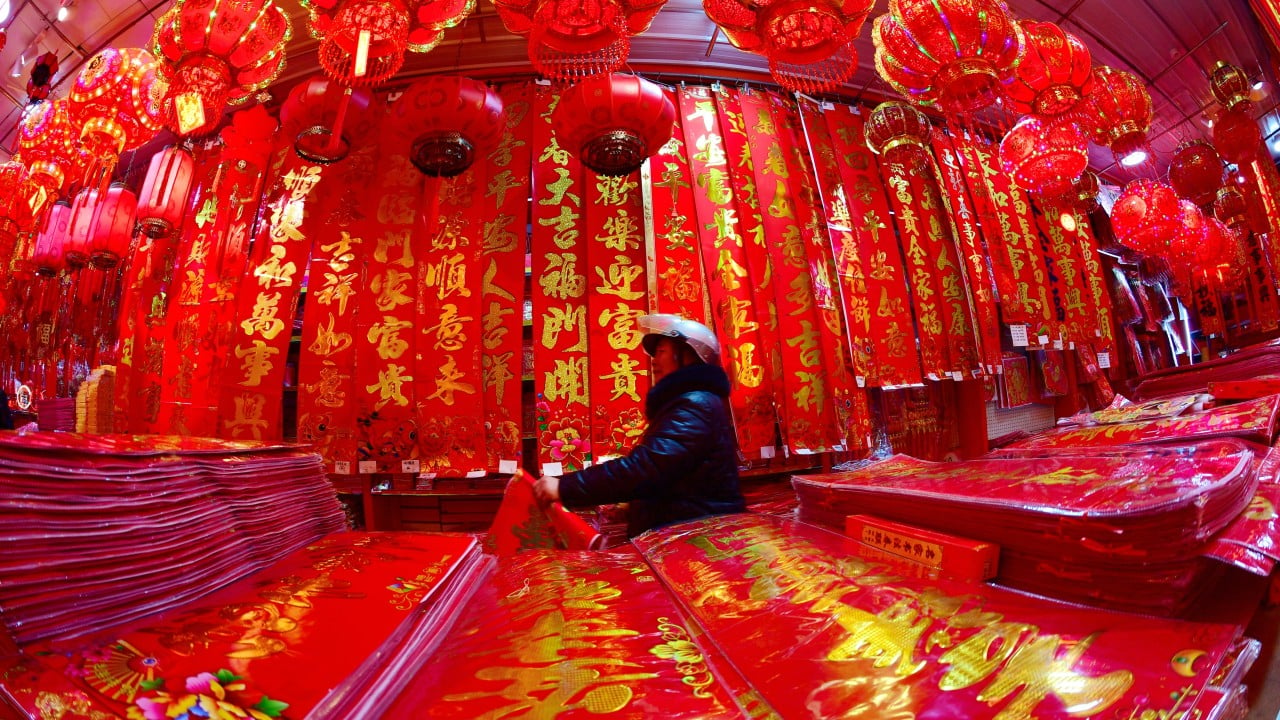Official statistics show China’s domestic consumption was robust during the recently concluded Lunar New Year holiday, providing some positive signs for the country’s economy as household spending becomes a greater priority in the absence of a more favourable environment for exports.
Advertisement
Consumer-related industries posted a 10.8 per cent increase in their average daily sales revenue during the eight-day holiday period compared to last year, official news agency Xinhua reported, citing data from the State Taxation Administration.
Spending on consumer goods and services during the annual holiday – which ended on Tuesday – rose 9.9 per cent and 12.3 per cent year-on-year, respectively, based on the administration’s value-added tax invoice data.
A nationwide trade-in policy for equipment and consumer goods, rolled out last March and still in effect, also appeared to have an impact. Sales of household audiovisual equipment surged 226.8 per cent year-on-year, fuelled by consumption subsidies.
“China’s Spring Festival consumption data showed strong growth, driven by a surge in long-distance travel from the extended holiday period and front-loaded demand spurred by Beijing’s ‘trade-in’ policy,” Changjiang Securities wrote in a note on Wednesday.
Advertisement
Consumers had been cutting back on spending after drops in asset values and slumps in the property and stock markets, with a 3.5 per cent year-on-year rise in retail sales reported last year – well below the pre-pandemic rate of 8 to 9 per cent.
China’s tourism revenue climbed 7 per cent year-on-year to a record US$94.2 billion during the holiday, while domestic trips rose 5.9 per cent to 501 million, both all-time highs according to data released Wednesday by the Ministry of Culture and Tourism.

